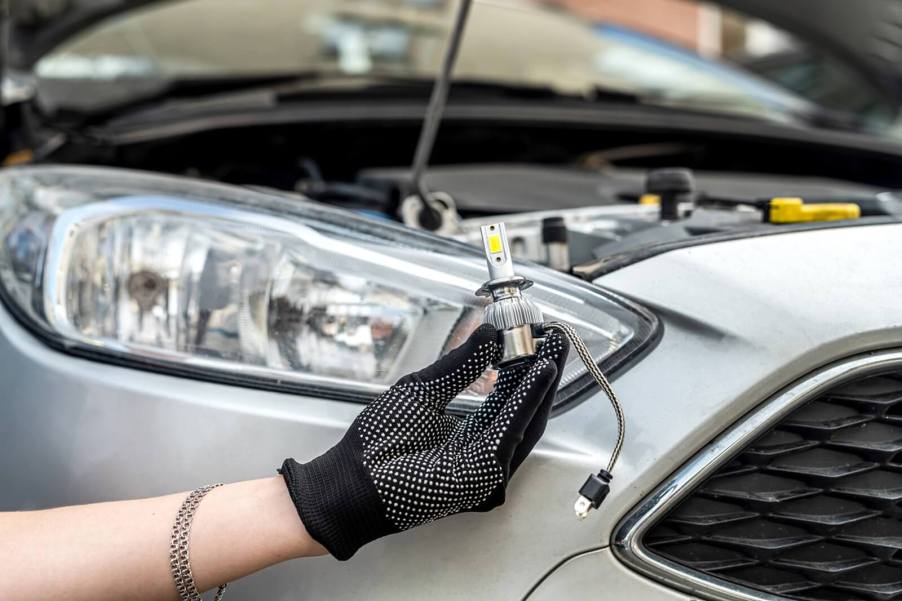
What is a ‘fix-it ticket’?
You can get pulled over for speeding. You can get pulled over for reckless driving. However, you can also get a reminder from the police that your vehicle needs to meet the standards of roadworthiness. It’s called a “fix-it ticket” and you can get one for several reasons.
You can get a fix-it ticket for a faulty light, exhaust issues, or worn tires
It happens. You’re driving along after sunset and the harrowing glow of pulsating red and blue lights fills your cabin. It turns out the police are pulling you over and issuing you a “fix-it ticket” for your inoperable taillight. Bummer. Fortunately, a fix-it ticket is more of an annoyance than anything else. But it’s there for everyone’s safety.
- Faulty headlights or taillights
- Malfunctioning signals
- Excessively worn tires
- Missing, broken, or illegal exhaust components
- Missing safety equipment
As the name suggests, a fix-it ticket highlights a problem with a vehicle. The issue is then something that the driver must fix, hence “fix-it.” Moreover, depending on the violation, drivers can take care of one of these tickets with minimal drama. For instance, should a law enforcement officer pull you over for an inoperative headlight or taillight, your solution could be as simple as replacing a bulb or a fuse.
However, you won’t get one of these nastygrams for just anything. More often than not, a police officer will stop a motorist and issue one of these tickets for a burned-out headlight or taillight bulb. In that case, a driver can simply make the repair, pay any attached fine, and save themselves a court date.
Tragically, some repairs might be much pricier than a straightforward bulb replacement. For instance, law enforcement could issue you a citation for your exhaust system’s loudness. Whether you’re missing a catalytic converter or you installed a loud aftermarket system, you could be stuck with an expensive fix.



